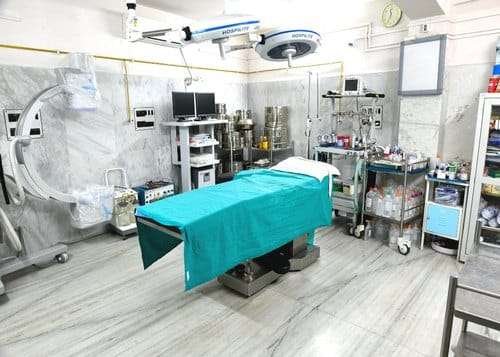Certainly! Hospitals play a crucial role in healthcare systems, providing medical treatment and care to individuals who are sick or injured. Here is some information about hospitals:
- Definition: A hospital is a healthcare institution equipped with medical facilities, staff, and resources to diagnose, treat, and care for patients suffering from various illnesses, injuries, or medical conditions.
- Types of Hospitals:
- General Hospitals: These are the most common type of hospitals that offer a wide range of medical services and treatments.
- Specialized Hospitals: These hospitals focus on specific medical fields such as pediatric, psychiatric, cancer, cardiac, or orthopedic care.
- Teaching Hospitals: These hospitals are affiliated with medical schools and often involved in medical research and education.
- Community Hospitals: Smaller hospitals that serve local communities and provide general medical services.
- Services and Departments: Hospitals are equipped with various departments and services to handle different medical needs. Some common departments include:
- Emergency Room (ER) or Emergency Department (ED): Provides immediate medical care for life-threatening conditions.
- Intensive Care Unit (ICU): Cares for critically ill patients requiring constant monitoring and specialized treatments.
- Operating Rooms: Where surgeries and medical procedures take place.
- Pediatrics: Focused on the care of infants, children, and adolescents.
- Obstetrics and Gynecology (OB/GYN): Specializes in pregnancy, childbirth, and female reproductive health.
- Radiology: Provides imaging services like X-rays, CT scans, MRIs, etc.
- Laboratory: Conducts diagnostic tests on blood, urine, and other samples to aid in diagnosis.
- Pharmacy: Dispenses prescribed medications to patients.
- Physical Therapy and Rehabilitation: Assists patients in recovering from injuries or surgeries.
- Psychiatry/Psychology: Addresses mental health issues and provides counseling and therapy.
- Hospital Staff:
- Physicians and Surgeons: Medical doctors responsible for diagnosing and treating patients.
- Nurses: Provide direct patient care and play a vital role in patient recovery.
- Medical Technologists and Technicians: Conduct laboratory tests and assist in various medical procedures.
- Administrative Staff: Manage the hospital’s operations and logistics.
- Support Staff: Includes housekeeping, maintenance, security, and other personnel who keep the hospital running smoothly.
- Patient Admission and Discharge: Patients can be admitted to a hospital either through the emergency department or scheduled admissions. Discharge occurs when the patient’s condition improves, and they are stable enough to return home or be transferred to another facility.
- Medical Ethics and Confidentiality: Hospitals adhere to strict ethical guidelines to ensure patient rights, privacy, and confidentiality of medical information.
- Advancements in Medicine: Hospitals are at the forefront of medical research and advancements, contributing to improved treatments and technologies in healthcare.
It’s important to note that the specifics of hospitals can vary greatly depending on the country, region, and level of healthcare infrastructure. Nonetheless, hospitals remain essential institutions in providing medical care to those in need.
